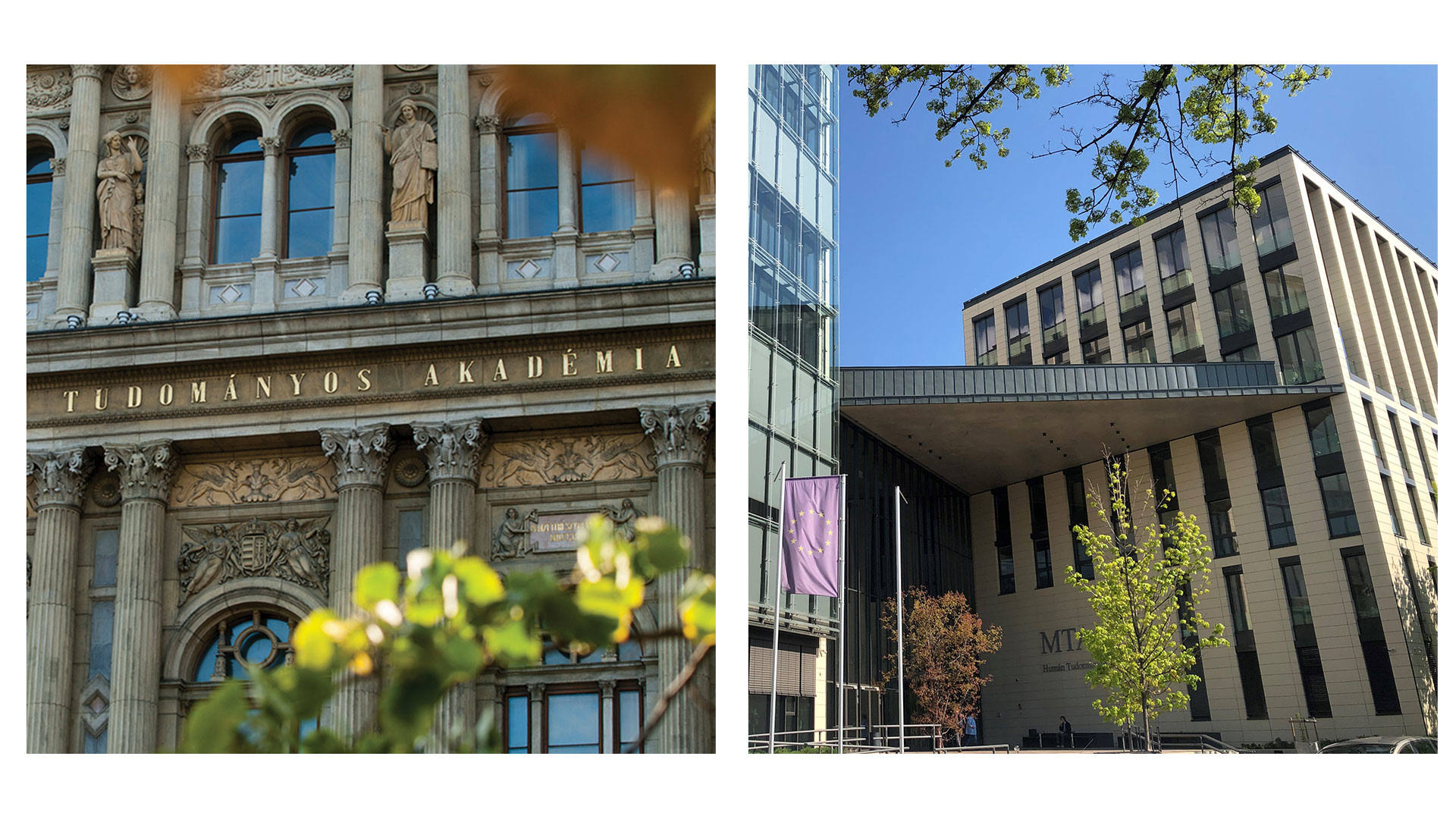Home
Background

The Silk Road traverses complex terrains and landscapes, including plateaus, the Gobi Desert, oases, mountains, basins, forests, and steppes across Eurasia. It represents rich histories, dynamic human migration and connectivity, diverse environments, intricate geopolitical conflicts, early forms of globalization, and vibrant exchanges in religions, culture, science, and technology. The Silk Road offers a unique opportunity to further understand the long-term interaction between nature and humans throughout centuries. Recognizing the role of the environment in shaping the ancient Silk Road requires an interdisciplinary approach that can offer valuable insights into current climate change adaptation strategies, as well as the regional sustainable development. However, the presence of ethnic, religious, linguistic, and national differences, along with complex geopolitical relationships, has led to significant gaps in the systematic organization and communication of scientific topics.
To fill these gaps, the Association for Trans-Eurasia Exchange and Silk-Road Civilization Development (ATES) was established in 2019 under the Alliance of National and International Science Organizations for the Belt and Road Regions (ANSO) to enhance our understanding of the interactions between environmental changes, long-term trans-Eurasian exchanges, and Silk Road civilization by fostering interdisciplinary research across natural sciences, social sciences, and humanities throughout Eurasia.
By collaborating with the Hungarian Academy of Sciences (MTA), the Research Center for the Humanities of Hungarian Research Network (HUN-REN RCH) and Eötvös Loránd University, “ANSO-MTA Silk Road Forum & The 3rd ATES Open Science Conference” will be held on September 9-10, 2025 in Budapest, Hungary. This conference will bring together renowned experts and scholars to share the most recent findings on the Silk Road's interdisciplinary research, including, but not limited to, early human dispersal, agricultural and pastoral development, the rise and decline of trade routes, technological advancements and exchanges, the evolution of civilizations, and environmental changes.
The aim of the conference is to strengthen dialogue among the countries of the Silk Road region, encouraging humane responses to the changing environmental, economic, and social challenges and impacts. It will focus on contemporary trends such as sustainability, cross-cultural cooperation, interdisciplinary scientific relations, digitalization and technology, and the appreciation of geopolitics. In this diverse cultural space and cooperative framework symbolized by the Silk Road, Hungary and Budapest aim to serve as mediators and connecting links among the countries, researchers, and cultures of the Eurasian continent. This is also a celebrating event honoring the 200th anniversary of the Hungarian Academy of Sciences.
Information
Date:
September 9-10, 2025
Location:
Budapest, Hungary
Venues:
Hungarian Academy of Sciences; Research Center for the Humanities, Hungarian Research Network
Dealine
